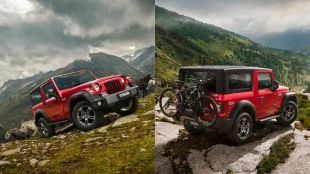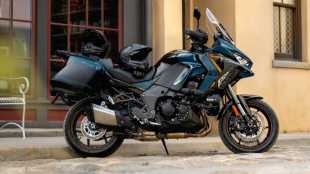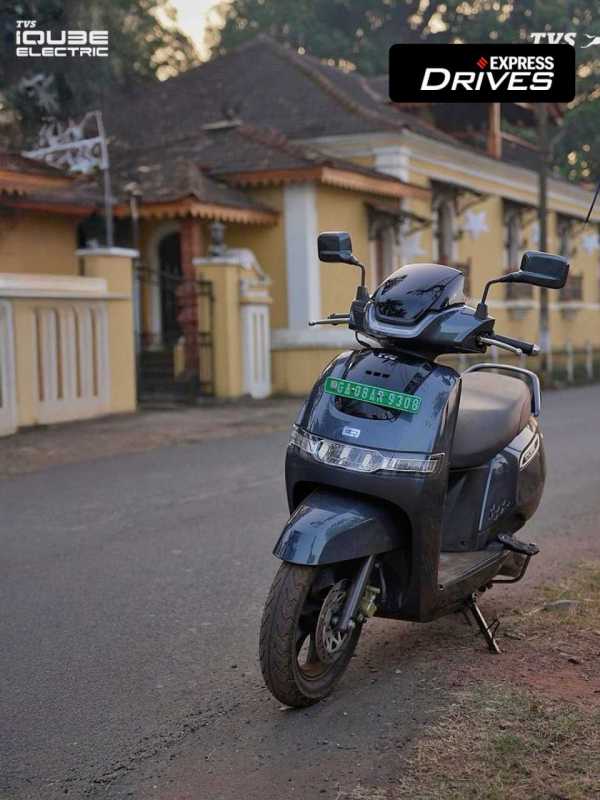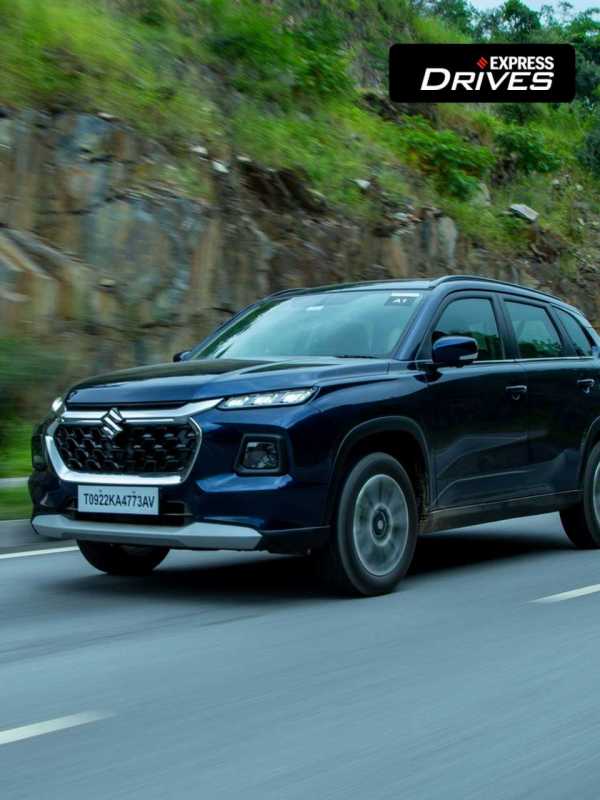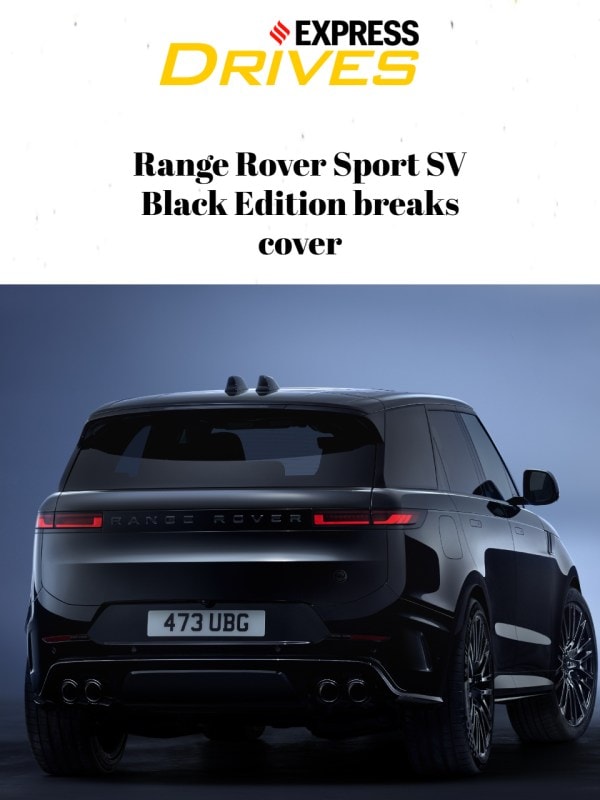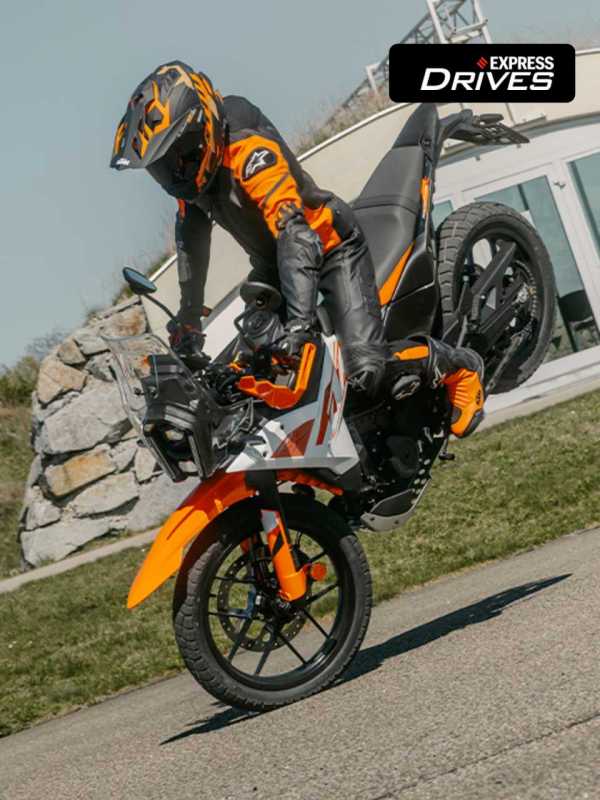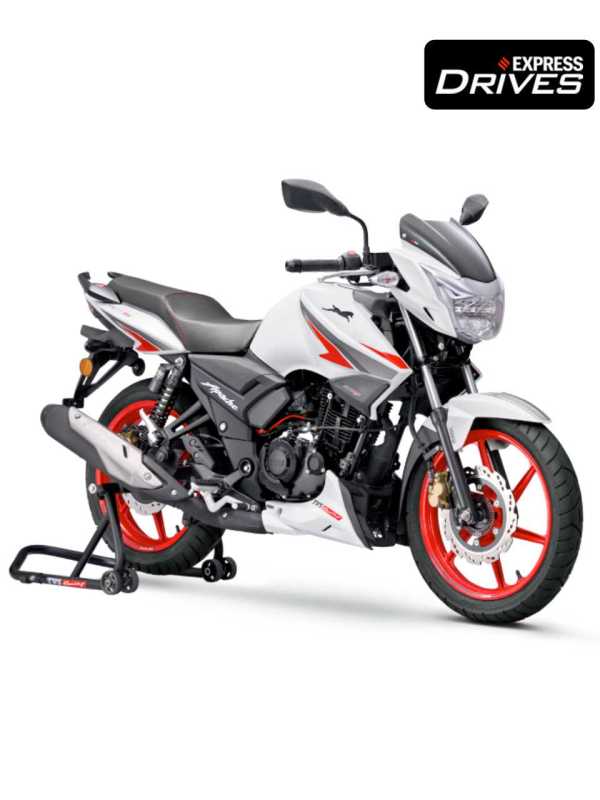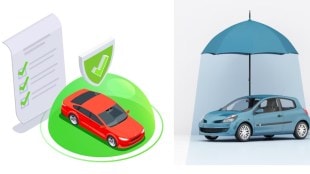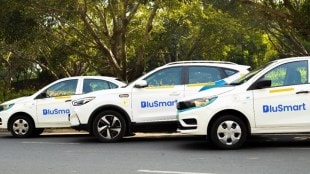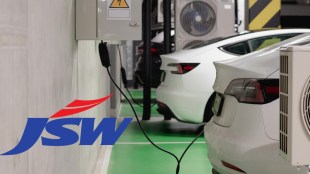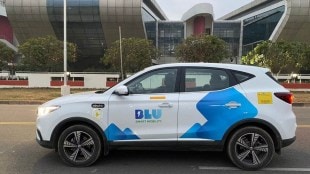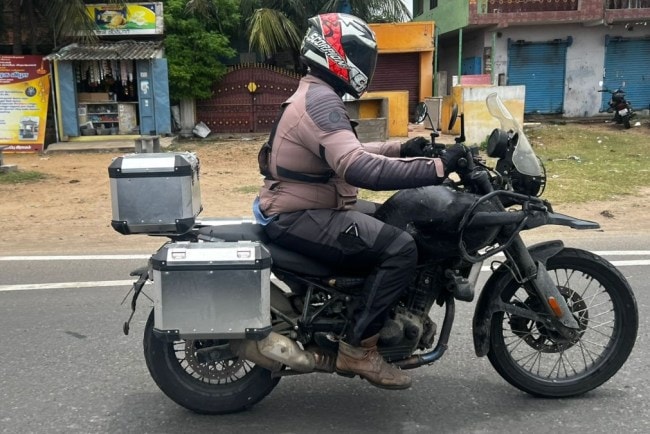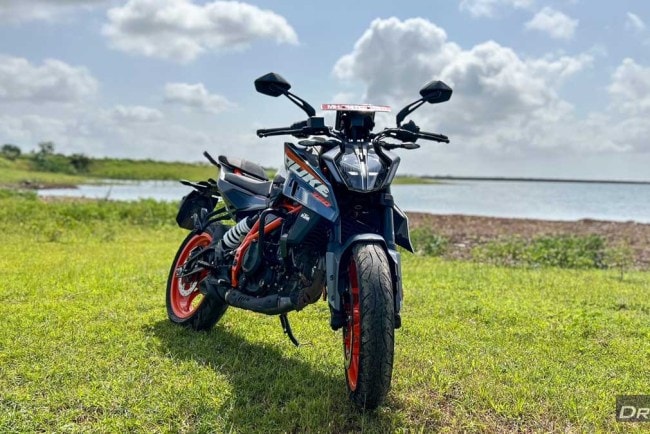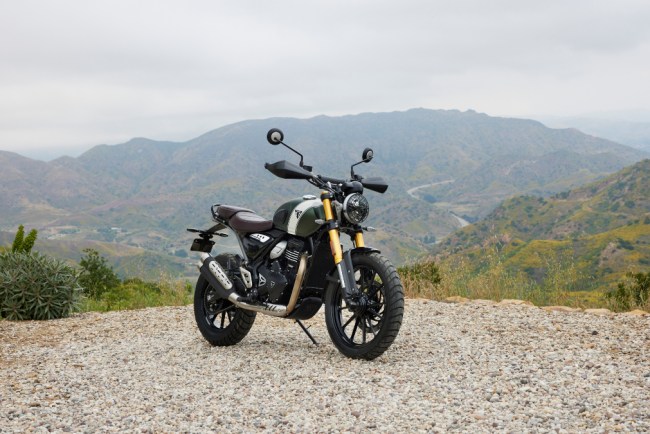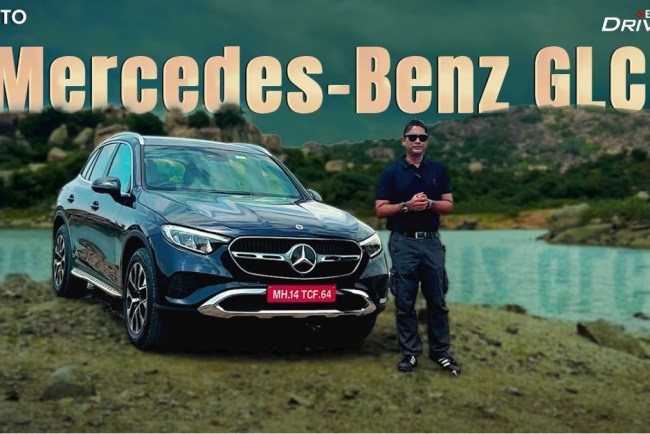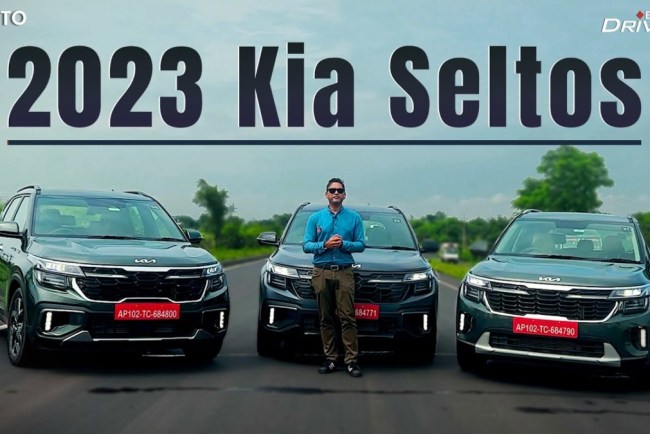By Amit Gupta
In recent years, the world has witnessed an unprecedented mobility boom. Growing road infrastructure and vehicle ownership have significantly shrunk intra-city distances. At the same time, it’s hard to ignore the collateral effects of this boom – acute traffic congestion, spiking fuel costs, and spiraling air pollution. Micromobility services, especially those comprising fleets of shared electric vehicles, are a smart and sustainable solution to these issues that plague most metros.
Shared micromobility: the answer to India’s mobility needs
The mobility profile of cities and commuters in India is very different from those in more developed countries. These features also make shared micromobility services–like electric two-wheeler rentals–an ideal solution for Indian users’ commute needs.
For instance, in contrast to their American or European counterparts, roughly 80% of Indians don’t have driving licenses. Car ownership is also relatively unaffordable here: less than 8% of Indian households have cars, compared with over 90% of US households. Imagine a student or young professional who needs to commute cheaply to college or work, or a delivery executive who needs a cost-effective option to make deliveries within a locality. For price-conscious individuals, buying higher-speed vehicles, even electric ones, is out of the question. And since walking or bicycling are rarely viable options in warmer climates like ours, shared micromobility services are the perfect solution to fill this gap.
Smaller form-factor EVs also fulfill the critical demand for first and last-mile commute options. Two-thirds of trips in any city are typically undertaken over short distances – e.g., between users’ homes and transport hubs, offices, or commercial areas. Taking a fossil-fuel cab or auto over such distances can be costly and result in traffic snarls, given the lack of road space. Shared EVs enable users to navigate traffic easily and reach their destination affordably. Needless to say, with zero emissions, they are also far better for urban air quality – which has long been a concern across urban India.
Creating a smart and inclusive micromobility ecosystem
Despite the rising popularity of micromobility services, misconceptions persist around them. The city of Paris recently removed 15,000 e-scooters following an unofficial referendum by citizens that cited safety concerns. The real problem lay in the city’s free-floating and dockless e-scooter services, which coupled with undisciplined operators, led to the e-scooters’ rampant misuse. Compare that to better-run e-bike services like Vélib’, which still enjoy the support of Parisians.
Such issues are not comparable to the scenario in urban India. Players like Yulu collaborate with city and transport authorities to roll out docked ride-sharing and battery swapping services in a smart and efficient manner. We have also collaborated with leading OEMs to build purpose-built vehicles for Indian users. User safety and compliance with traffic rules are ensured through smart IoT-enabled bikes, sophisticated fleet operation systems and large on-ground teams in each city. As a result, the response from users and authorities has been overwhelmingly positive.
Like any service, micromobility requires support as an ecosystem. It relies on users to uphold road safety and follow traffic rules—something that EV companies take very seriously. However, the overwhelming value proposition of micromobility services will ensure that they remain a vital pillar of India’s urban transformation and its quest to achieve net zero-emissions in the coming decades.
The author is Co-Founder & CEO of Yulu.
Disclaimer: Views expressed are personal and do not reflect the official position or policy of Financial Express Online. Reproducing this content without permission is prohibited.




